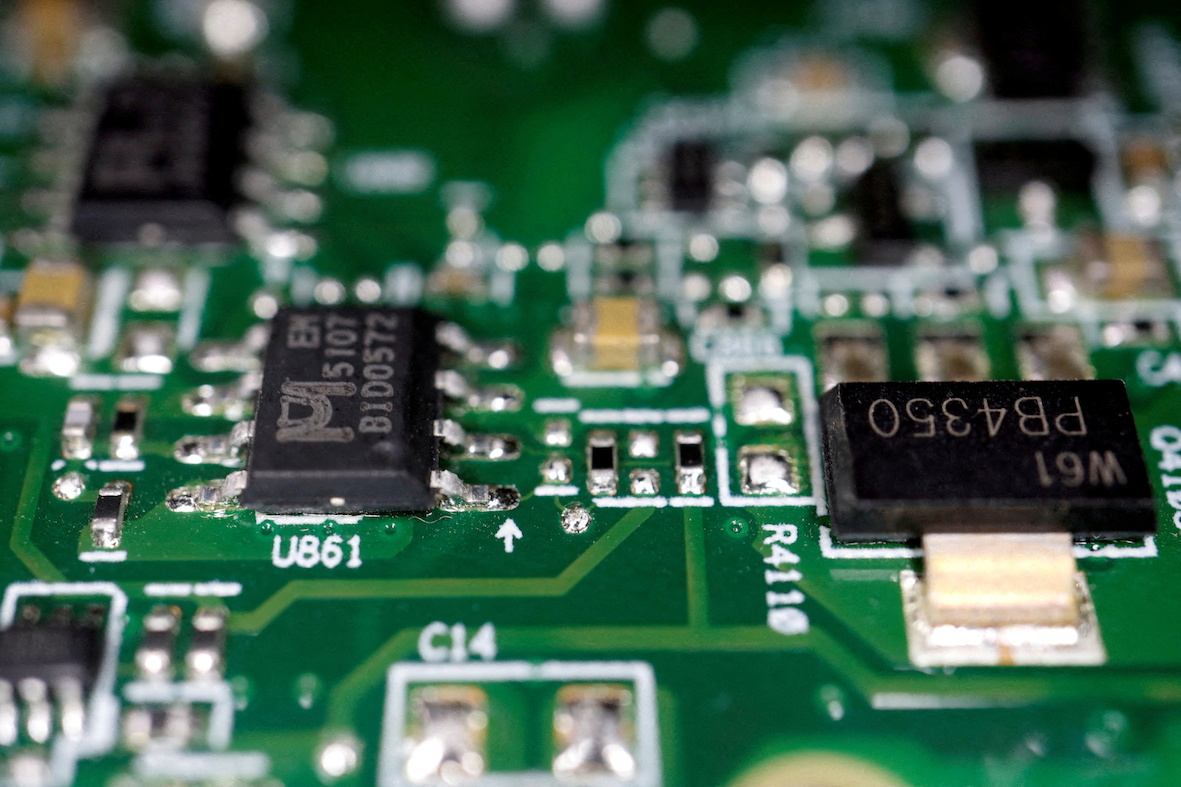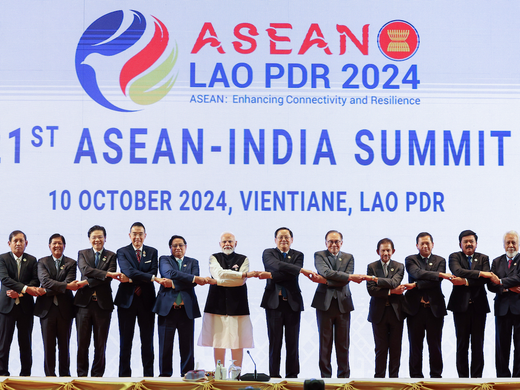Artificial intelligence (AI) is advancing rapidly across the globe, revolutionizing industries and transforming economies. New AI technologies are altering industries by enhancing productivity, optimizing processes, and enabling the creation of new products and services. These changes are, in turn, fuelling economic growth and have the potential to significantly improve societal outcomes.
Amid this technological surge, the Digital Economy Framework Agreement (DEFA) of the Association of Southeast Asian Nations (ASEAN) stands as a pivotal initiative aimed at integrating and enhancing the digital economies of its member states. By fostering collaboration and innovation, DEFA potentially positions ASEAN to embrace AI effectively, preparing the region for the next technological wave and ensuring its competitiveness in the evolving global landscape.
DEFA is a strategic initiative designed to accelerate digital transformation across Southeast Asia. It serves as a comprehensive framework to integrate digital technologies into various sectors, enhancing digital connectivity and fostering a secure, inclusive digital environment. The strategy centres on harmonizing digital policies and regulations across the various member states. It seeks to reduce barriers to digital trade, encourage investment in digital infrastructure, and develop digital skills among the region’s workforce, potentially doubling the size of ASEAN’s digital economy to US$2 trillion by 2030. With each member state of the bloc at various stages of their AI policy development and implementation, DEFA can thus play a crucial role in unifying the development of a regional ASEAN AI regulatory framework.
DEFA has the potential to play a pivotal role in accelerating AI adoption across the ASEAN member states. By fostering a conducive environment through robust digital infrastructure and harmonized regulations, the agreement encourages investment in connectivity and standardizes technical protocols for interoperability, crucial factors for facilitating seamless AI integration among member states. By streamlining cross-border data flows with unified data protection regulations, DEFA can reduce barriers to AI deployment and establish common policies and ethical guidelines for AI development, balancing innovation with privacy and security concerns. DEFA also promotes innovation by supporting research, start-ups and talent development, which are necessary elements in building a vibrant AI ecosystem. Through collaboration and knowledge sharing, collective expertise can be leveraged to address challenges and expedite AI adoption across the region.
As ASEAN begins to embrace AI and the rollout of DEFA seems imminent, the region faces a set of challenges that must be addressed to fully realize AI’s potential under the guiding principles of DEFA.
A major challenge is the digital divide within the region. There are considerable disparities in technological infrastructure among the member states, with some countries boasting advanced digital ecosystems while others struggle with basic connectivity. This imbalance hinders uniform AI adoption and can widen economic and social inequalities if it is not addressed. The skills gap is another critical issue. There is a shortage of AI talent across ASEAN nations, coupled with a pressing need for workforce upskilling. Without a pool of skilled professionals adept in AI and related technologies, the region may find it difficult to develop, implement and maintain AI systems effectively. Ethical and regulatory concerns also pose significant challenges. Ensuring data privacy, security and the ethical use of AI is paramount. Without robust regulations and ethical guidelines, there is a risk of misuse of AI technologies, which could lead to public distrust and hinder adoption.
To fully realize the potential of AI in ASEAN, member states must prioritize strategic investments. Enhancing digital infrastructure, with DEFA’s support, is crucial for widespread access to high-speed internet and advanced technologies. Simultaneously, fostering talent development through comprehensive education and training programs will ensure a skilled workforce capable of driving AI innovation. Promoting public-private partnerships and international cooperation under DEFA will facilitate knowledge exchange and resource sharing, accelerating AI adoption. Finally, establishing DEFA-backed ethical guidelines will address privacy, security and ethical concerns, ensuring responsible AI implementation across the region.
As the world stands on the cusp of a new technological era, ASEAN’s proactive embrace of AI through DEFA could define the region’s future prosperity. The stakes are high: failure to act risks widening the gap between ASEAN and more technologically advanced regions, potentially leaving member states behind in the global race for innovation. Conversely, a collective commitment to investing in infrastructure, nurturing talent, fostering collaboration and establishing robust ethical frameworks can catapult ASEAN to the forefront of the digital revolution. With unified efforts, ASEAN can ride this AI wave toward a future of unprecedented opportunity and shared prosperity.



